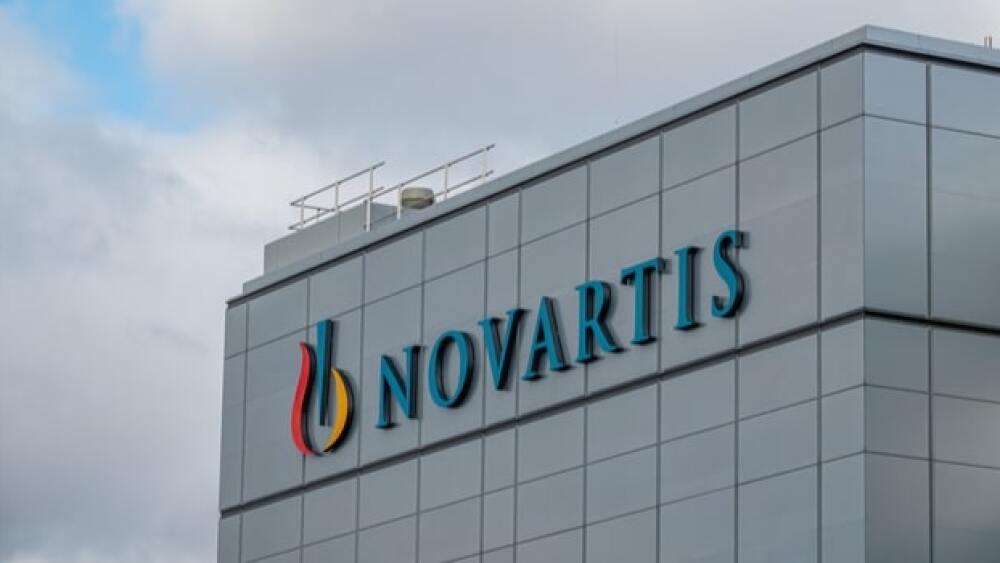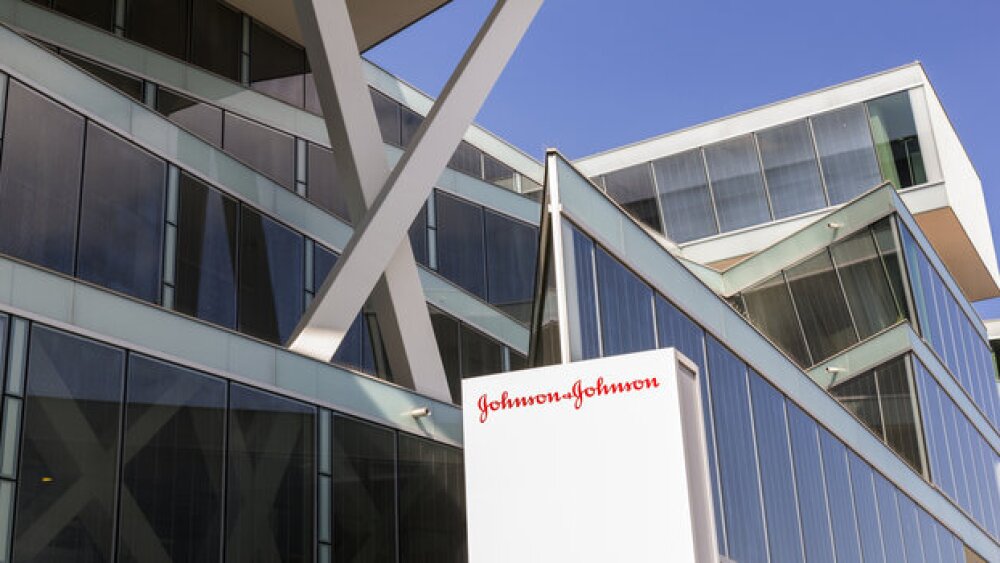Novartis released results from the Phase III CANOPY-A trial, showing that its canakinumab candidate failed to meet its primary efficacy endpoint in adult NSCLC patients.
Canakinumab failed to meet primary end point. (Courtesy of Taljat David/Shutterstock)
Novartis released results from the Phase III CANOPY-A trial on Monday showing that canakinumab (ACZ885) failed to meet the primary efficacy endpoint in adult non-small cell lung cancer (NSCLC) patients. It’s the latest miss for the highly-studied drug.
CANOPY-A, a multicenter, randomized and double-blind study, enrolled nearly 1,400 patients with stage II-IIIA and IIIB disease whose tumors had been completely resected. Canakinumab was given at 200-mg subcutaneous doses every three weeks, and its efficacy was compared to placebo. The study’s primary endpoint was disease-free survival (DFS).
While canakinumab was unable to demonstrate superior DFS to placebo, it nevertheless showed a good tolerability profile and induced no unexpected safety signals.
“While we are disappointed CANOPY-A did not show the benefit we hoped for, every trial generates scientific evidence that supports future research and development, and we look forward to continuing to pursue new therapeutic options for people living with lung cancer, whose needs remain urgent and significant,” Jeff Legos, EVP and global head of oncology & hematology development at Novartis, said in a statement. The company is scheduled to present these findings at an upcoming medical conference.
Canakinumab is a human monoclonal antibody designed to target interleukin-1β with high affinity and selectivity, in turn preventing it from activating its downstream receptors. This mode of action makes canakinumab an effective anti-inflammatory molecule.
In 2009, canakinumab (Ilaris) won FDA approval for the treatment of cryopyrin-associated autoinflammatory syndromes in both children and adults. The drug continued to pick up regulatory nods in the years following, receiving approvals for systemic juvenile idiopathic arthritis in 2013 and three other periodic fever syndromes in 2016. Most recently, in 2020, the FDA awarded Ilaris its greenlight for adult-onset Still’s disease.
A Tough Time for Canakinumab
In 2011, the pharma powerhouse launched its CANTOS program, which looked at the potential of canakinumab in cardiovascular disease. In 2017, as the study was nearing its end, Novartis saw that the drug slashed lung cancer incidence in the patient population by 67% and related deaths by 77%.
This led the company to begin its four-trial CANOPY program in the hopes of launching canakinumab in the oncology space. After all, the action against interleukin-1β also suppresses pro-tumor inflammation, boosts the immune response against tumors and disrupts angiogenesis.
“We made an investment in the CANOPY program based on signals of reduced lung cancer incidence and mortality observed in the CANTOS study,” Legos said. “These positive signals supported the study of canakinumab as adjuvant treatment for early lung cancer.”
But this path has led to disappointment for Novartis. In March 2021, canakinumab failed in the CANOPY-2 Phase III NSCLC trial when it fell short of yielding significantly better overall survival than docetaxel monotherapy in more than 200 patients with locally advanced or metastatic disease.
CANOPY-1, another NSCLC trial for canakinumab, fell soon after. In October, the drug was unable to demonstrate meaningful improvements in overall and progression-free survival when combined with Merck’s checkpoint inhibitor Keytruda (pembrolizumab) and a platinum-based regimen.
Only one trial remains under the CANOPY program: CANOPY-N, which looks at canakinumab’s potential as a neoadjuvant intervention. The readout is expected in the coming week.






